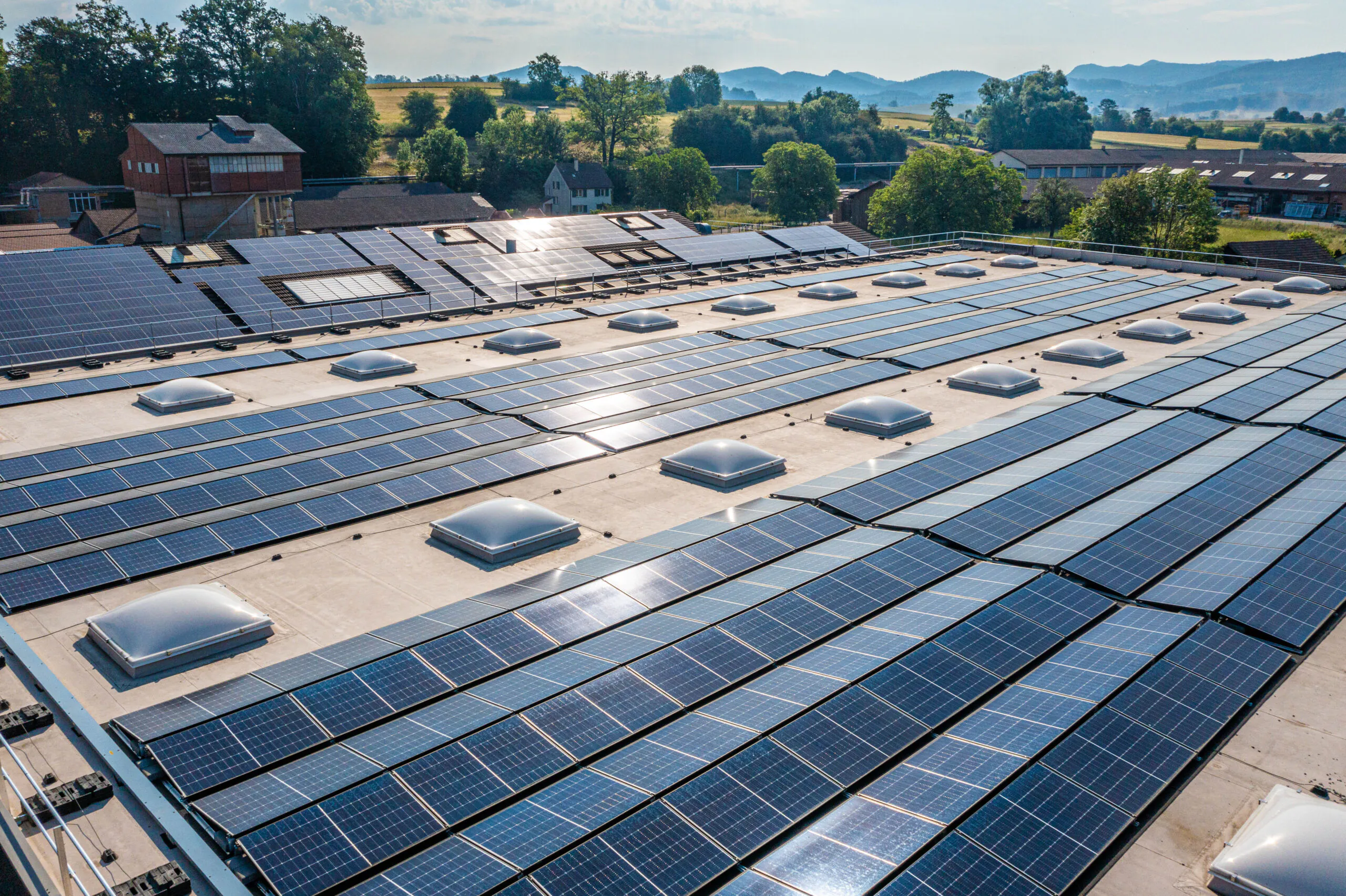The company commits to completely neutralise its scope 1 and 2 emissions by 2045 and to align its reduction targets with the Science Based Targets initiative (SBTi).
Roca Group, the world leader in design, production and marketing of products for the bathroom space, has managed to reduce 39% of its carbon emissions since 2018, the year in which its specific decarbonisation plan begun. The company has made a commitment to become carbon neutral by 2045 in terms of its scope 1 and 2 emissions. To certify this commitment, the company has joined the Science Based Targets initiative (SBTi), which promotes climate action in the private sector by setting science-based emission reduction targets.
This transition is being carried out through various actions, such as the energy optimisation of the group's 76 factories, with techniques such as heat recovery and the electrification of production processes, thereby reducing the use of carbon-emitting energies. Like this, Roca Group is committed to renewable energy sources in order to cover the demand for electricity through on and off-site photovoltaic plants. In addition, it is also studying the application of green hydrogen in its industrial furnaces, in a project in collaboration with the Universitat Politécnica de Catalunya (UPC).
In parallel, and in order to reduce scope 3 emissions, the company is involving its entire supply chain to promote its decarbonisation and to achieve a transition to a low-carbon economy, not only in the group, but throughout its value chain.
So far, Roca Group's efforts have resulted in a 39% reduction in its scope 1 and 2 carbon emissions compared to those generated in 2018. This reduction is a consequence, among other factors, of the aforementioned initiatives and the improvement in the energy intensity of the group's production processes, which in the same period has decreased by 47%.
Heat recovery in all factories
Heat recovery is one of the most important and cross-cutting measures to boost energy efficiency in the group's porcelain factories. The kilns are responsible for 80% of the natural gas consumption of the entire process, and, for the time being, there is no viable technology on a commercial scale to replace this gas consumption. For this reason, heat recovery is a great opportunity that is used for preheating the air at the kiln entrance, heating areas that require working temperatures above ambient temperatures, providing heat for drying pieces and/or moulds, and heating water for changing rooms or preparing pastes or masses.
Roca Group currently has at least one heat recovery installation in all its European centres, a practice that is being extended to the rest of its factories in the world.
Process electrification linked to green energy
Electrification is one of the essential actions in all the decarbonisation processes carried out by Roca. This strategy is accompanied by a plan to produce green electricity in the factories themselves using photovoltaic energy.
This is why, by 2022, 9,849 photovoltaic panels have been installed, enabling the generation of 5,000 MWh of renewable electrical energy per year. With this, the group now has more than 21,800 panels and 7MWp operational in its factories.
In fact, today Roca Group already has facilities that are 100% supplied with certified renewable electricity in countries such as Spain, Portugal and Austria.
